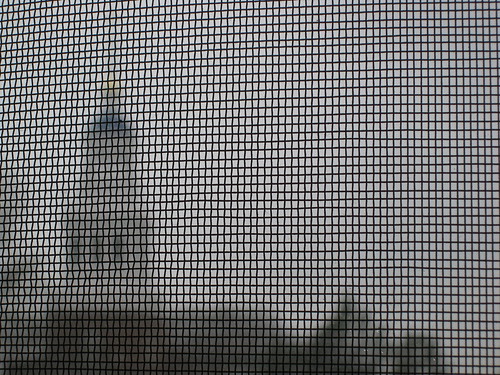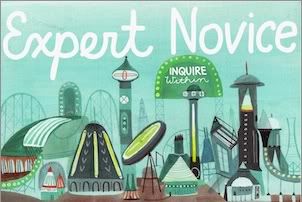-Louis Menand, American Studies

snow, originally uploaded by Diana Kimball.
October, I traveled to Washington, D.C. Slipped into Kramerbooks and shuffled around the store, lifting books and looking at them briefly. Read about Proust’s sad and deliberate life. Examined pastries through thick glass. Then, at the exit, the first pages of Louis Menand's American Studies.
"We look backward for clues," he wrote, "because, the future being the other side of a closed door, we have no place else to look. But even in America, where people are supposed to have no sense of history, there is a persistent reluctance to play with the cards that are on the table. We want to play with yesterday's cards, but yesterday has already unraveled past reconstructing. Today is the only day we have."
Variations on: the only time we have is now. The words ring true, or false, depending on when I hear them. When they come to me in tinny, surreal voices swirling through my headphones, (the Flaming Lips swooning “all we have is now”), they feel true but distant. When stark, on greeting cards beaming with quoted sentiments, they seem flimsy. But if I'm honest, they are true. “Seizing” the moment seems unnecessary; not every instant is that kind of juncture. The present tense of the way we live is still bewildering.
History finds solace in “lived experience": "what really happened." The story of a visible reality, rather than bolted-together stories from imagined interior worlds. Then, we’re lightly bound by text, by the words that can be reassembled into explanations. Words are rarely lived experience. And, we know that.
So the way we experience things together is a calm collision. I watched the election this year from a half-lit cafeteria. CNN projected onto a rough manila wall. After the television called the election, students all around me stood up in pajamas and suits, and clapped or called people they loved. Before I stood, I had to fumble with my belongings. I placed them on the table with trembling hands. Then, I could believe it was true.



No comments:
Post a Comment